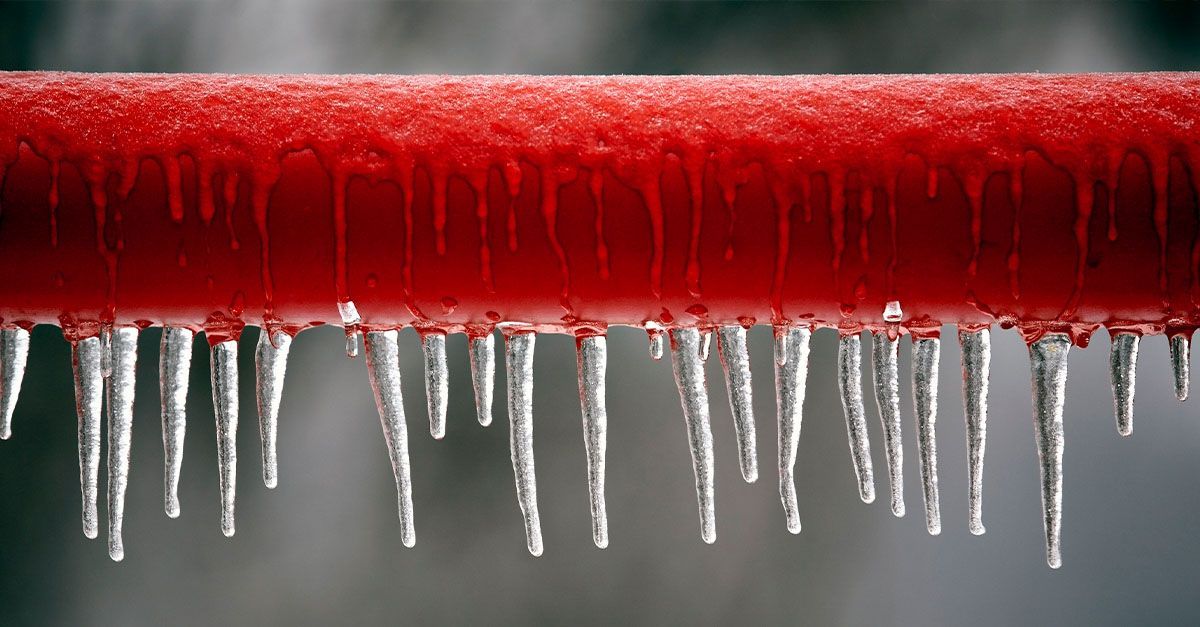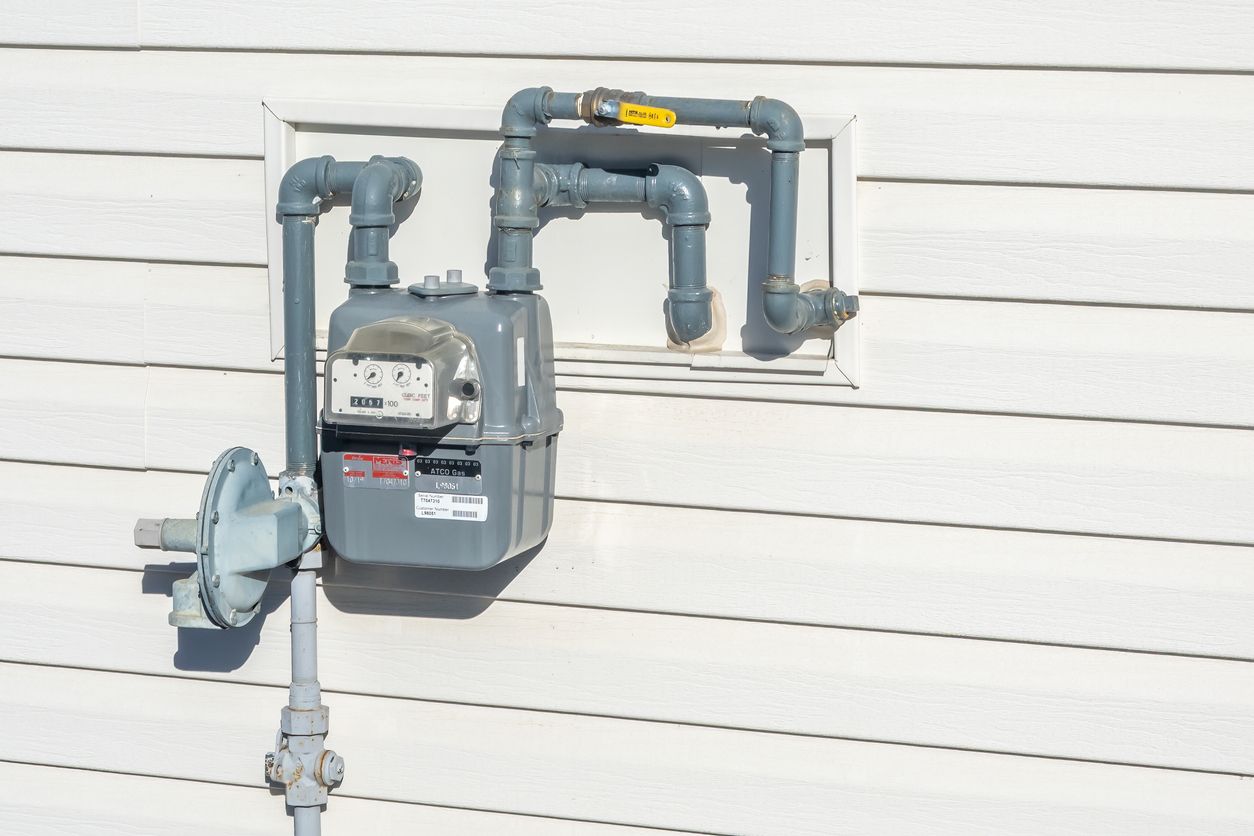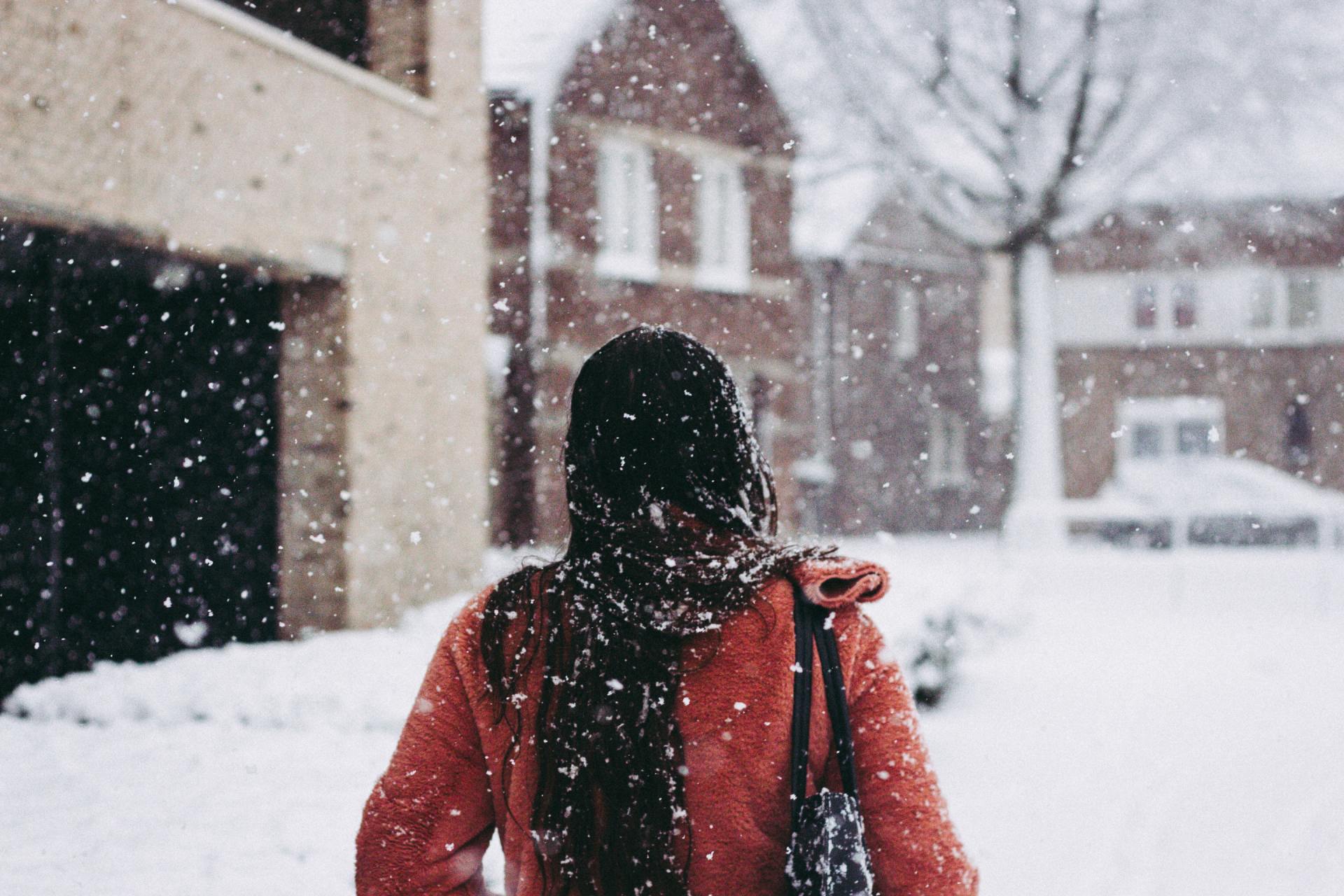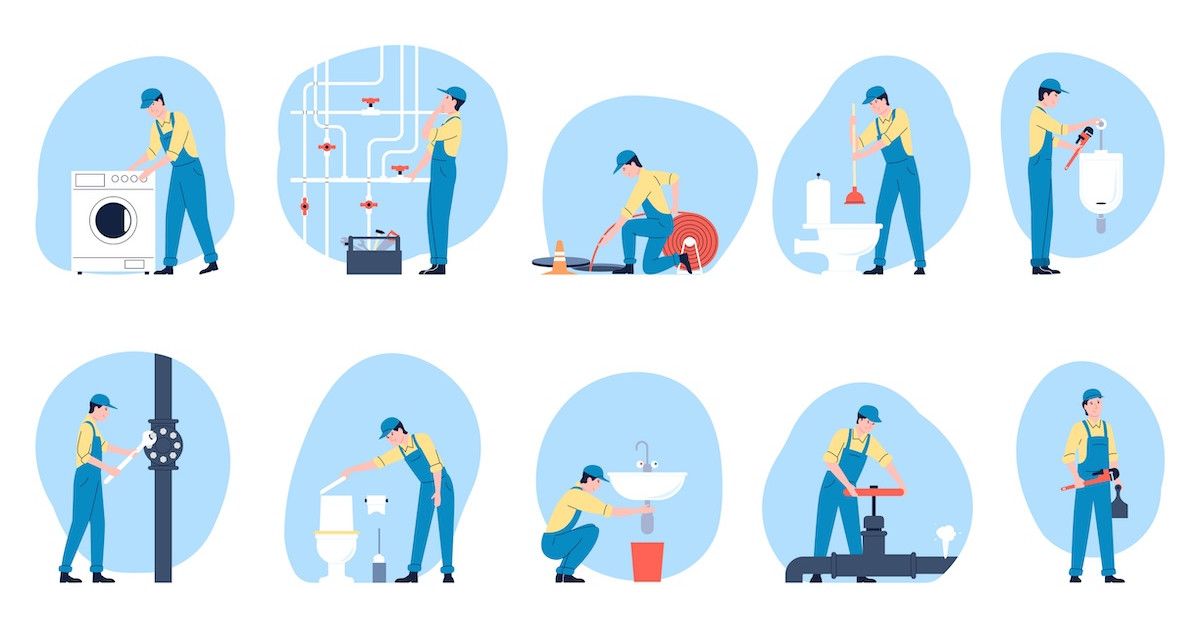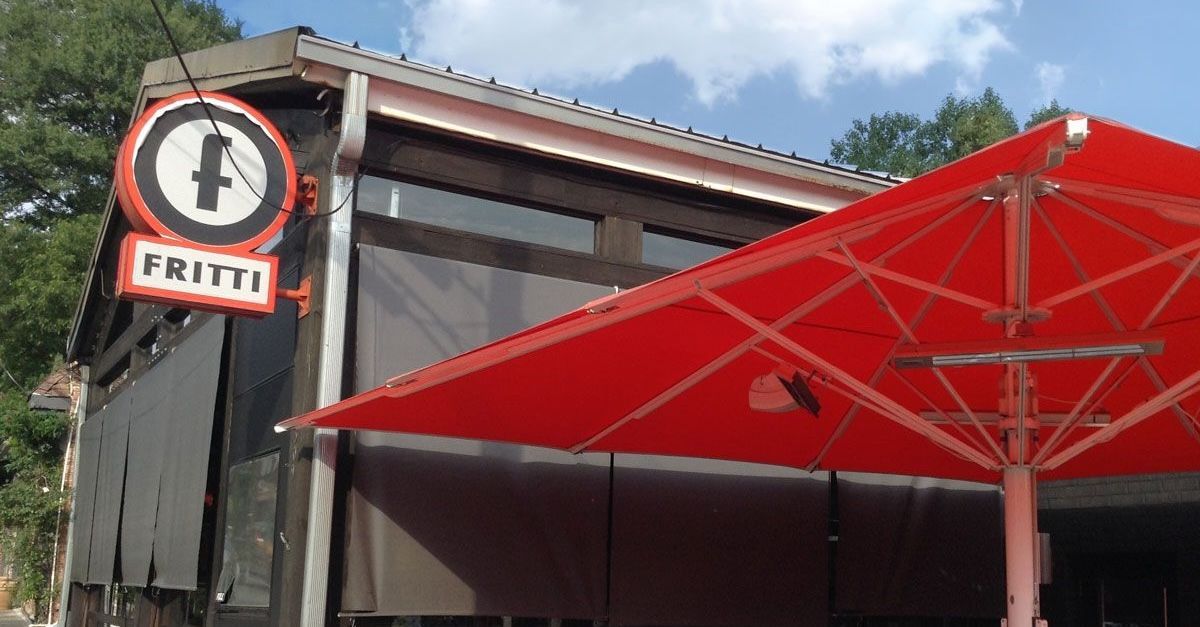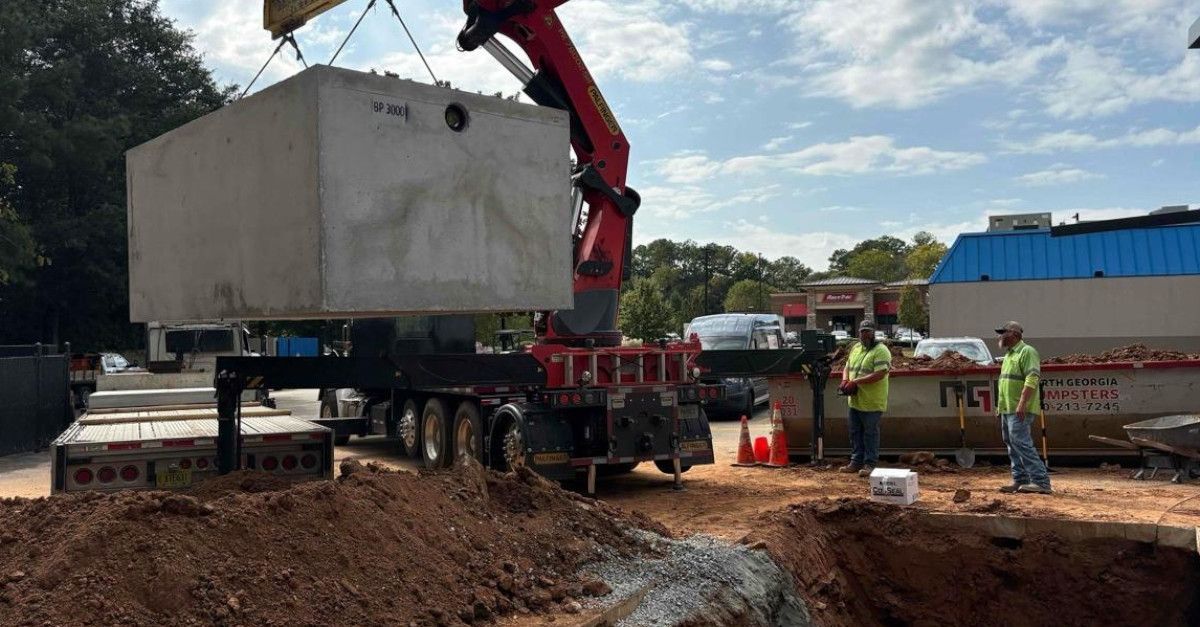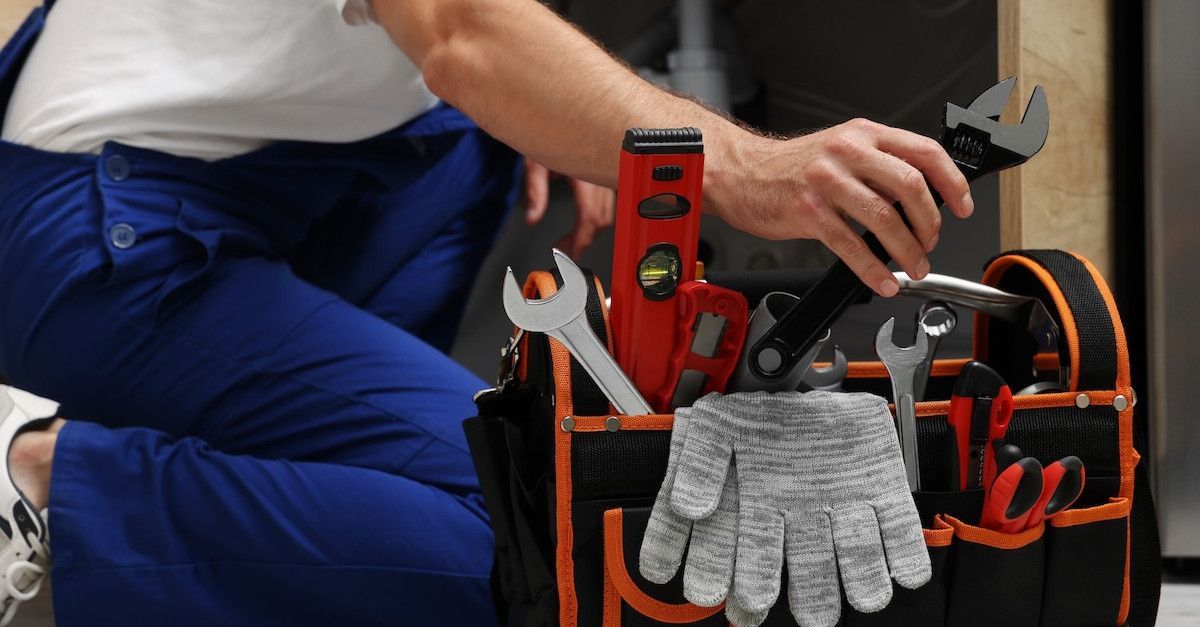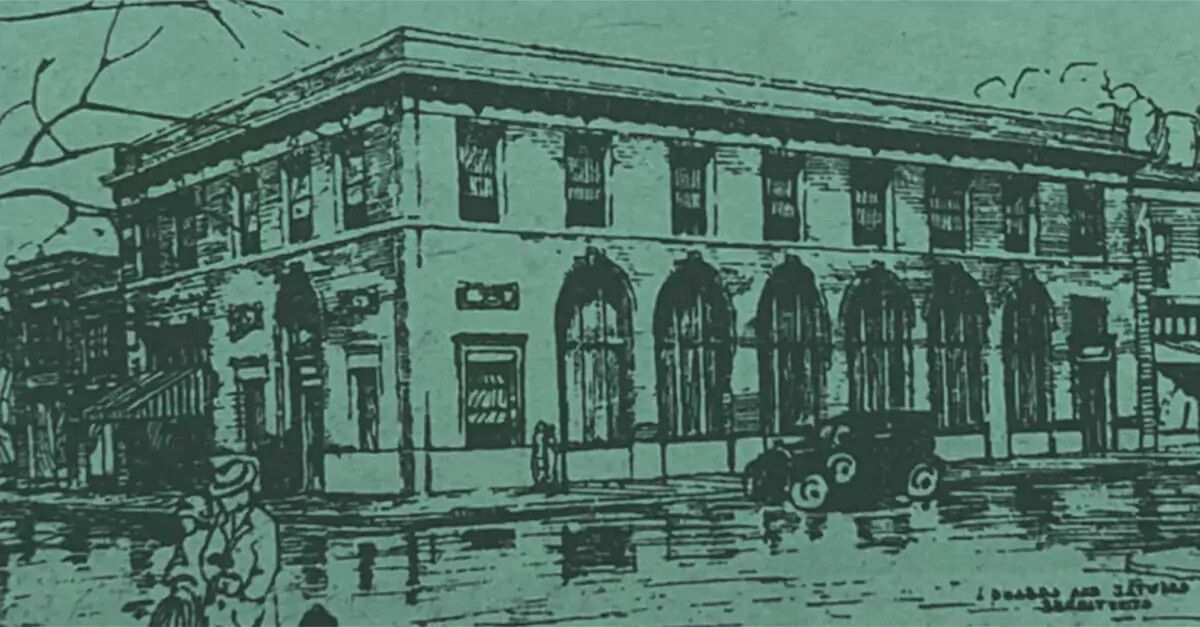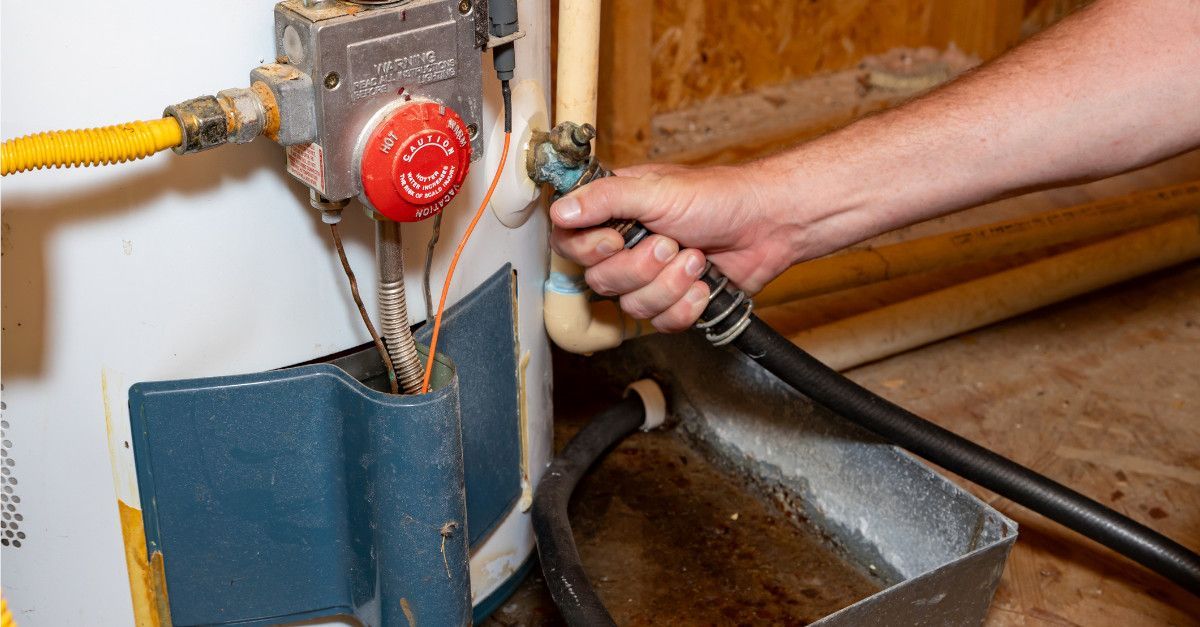5 Tips to Keep Your Pipes from Freezing
While Georgia typically has mild winters, it’s a misconception to assume that frozen pipes are not an issue when temperatures begin to drop in the peach state. Freezing temperatures are a problem whether you live in Atlanta or Antarctica. In fact, we suspect people in the south are more likely to suffer the effects of frozen plumbing because the deep freezes we get here are so few and far between.
When water in a pipe freezes, it can create pressure that can cause the pipe to burst. If no one is around to detect the break or notice a leak, or are not quick enough in turning off the water, serious flooding and damage to your home and belongings can occur. Emergency
burst pipe repairs are available through reputable plumbing companies, but it’s best to also try to be proactive.
It’s possible to prevent frozen pipes by taking measures to keep them warm when the temperature dips. Don’t bury your head in the sand this winter; here’s what you need to do now to protect your pipes from the next big drop in temps.
Insulate Your Plumbing
Pipes are actually more likely to freeze in homes that are in warmer climates, because the pipes may not be properly insulated to protect against cold temperatures or are located outdoors. In fact, by far and away the most common reason pipes freeze in the Atlanta area is because they’re not insulated.
Exposed piping running through unheated areas such as basements and crawl spaces is far more susceptible to freezing than pipes clad in easy-to-install insulative materials. Ensure your water supply pipes are insulated to help ease concerns about flooding and water damage. Need help? Call an
Atlanta area plumber. They’ll have the know-how and expertise needed to fix you up with insulation and other plumbing services you may need.
Leave the Heat On
The only thing worse than a burst pipe is a burst pipe when you’re out of town. Leaks gone unchecked can rack up a high water bill in no time, as well as wreak havoc on electrical systems and porous surfaces like drywall, carpet and wallpaper. If you’re headed out of town for vacation and the weather looks like it will be getting frosty, leave your heat on! And if you’re renting out your property, make sure to tell your tenants to do the same and explain that it will help keep the pipes from freezing. The heat doesn’t need to be on as high as it is when you’re at home. Just set the thermostat to at least 60 degrees, to ensure the plumbing inside the house stays nice and warm until you return.
Seal Cracks
Pipes normally are run through holes in the walls or floor, and gaps in those holes can let cold air in. Checking for any places where cold air is coming in from the outside, as well as sinks and other taps that abut exterior walls, is advised. Sealing holes on both sides with caulk or foam insulation will help keep the cold air out and the warm air in.
Open Doors/Cabinets
If you’re particularly worried about a handful of pipes–the ones in your washing machine, the system under your kitchen sink, etc.–leave all interior doors and cabinets open overnight when it’s coldest. This will help regulate the air temperature even more by helping the heat from your home circulate and keep the air in cabinets warm.
Let it Drip
This is probably one of the most common pieces of advice for keeping pipes from freezing. Opening the faucets in your home just enough to allow them to drip slowly overnight is not going to break the bank in terms of water usage. If you want, put a bowl beneath it so you can reuse the water on a plant in the morning! Dripping faucets keep the pressure of freezing water from building up, bursting your pipes.
What To Do If Your Pipes Freeze
Sometimes, you can do all of these things and your pipes will still freeze. But how do you tell if your pipes have frozen? If the temperature has dipped below 32 degrees fahrenheit outside, it’s always a possibility. If you turn on a faucet during freezing temps and little to no water is coming out, you likely have a frozen pipe. Another way to check is to look at your water meter.
If you have frozen pipes, don’t wait to take steps to correct it. If the pipes under your sink appear frosted, it could be useful for you to try to thaw the pipe yourself with a hairdryer or by wrapping the pipe in hot towels. If you can’t locate the frozen pipe, or don’t want to cause further damage looking for the pipe, call an emergency plumber near you immediately and follow their instructions while you wait.
Atlanta Emergency Plumbers
Plumb Works
Atlanta emergency plumbers are on standby to assist you with your frozen pipe issues. We treat our customers’ plumbing issues as if they are our own, providing quality of work and customer service that can’t be matched by our competitors. As a plumbing company serving the Atlanta area for three decades, we are available to meet your needs. Give us a call today: 404-524-1825
Frequently Asked Questions about Frozen Pipes
and Emergency Plumbing
